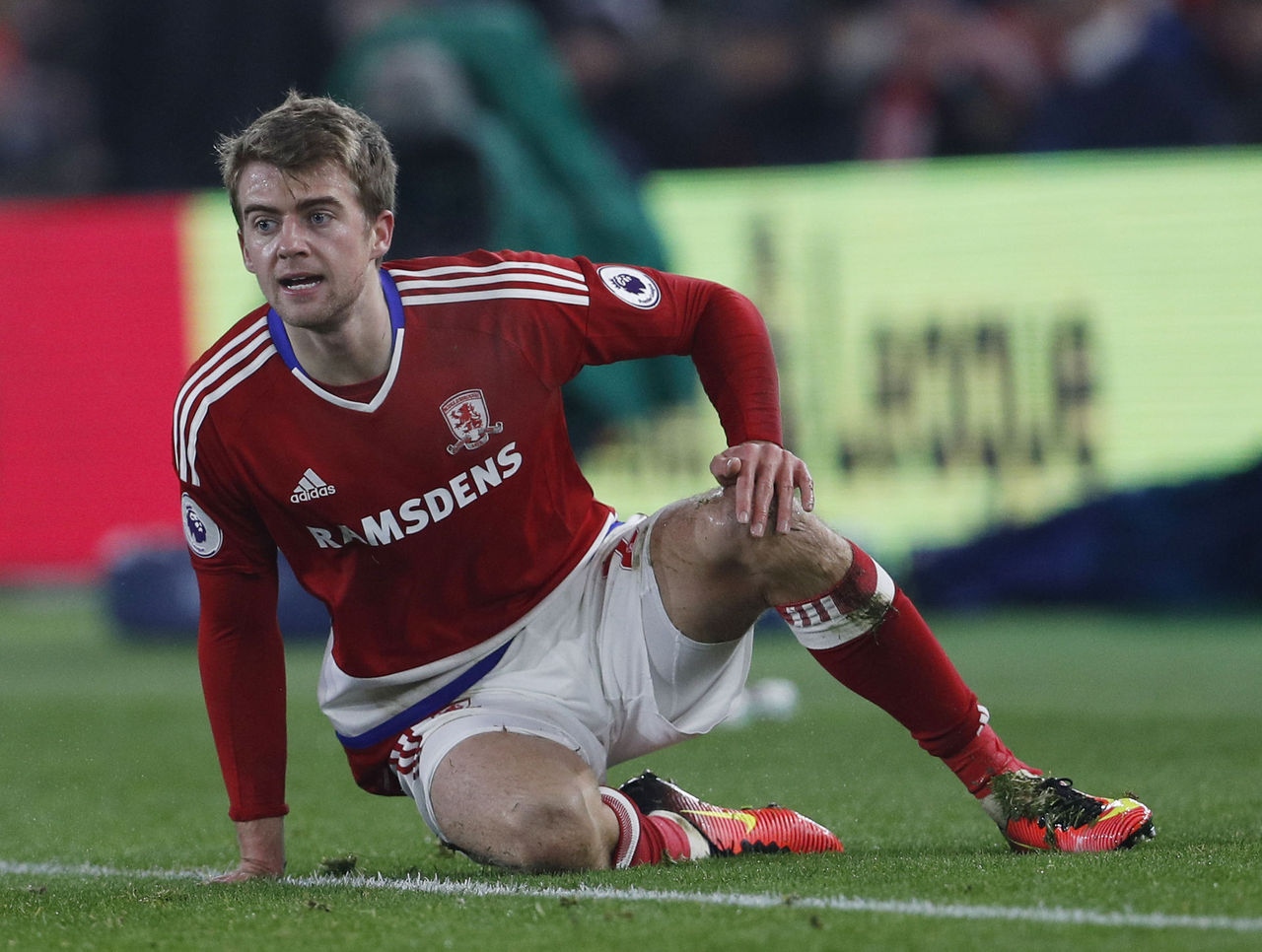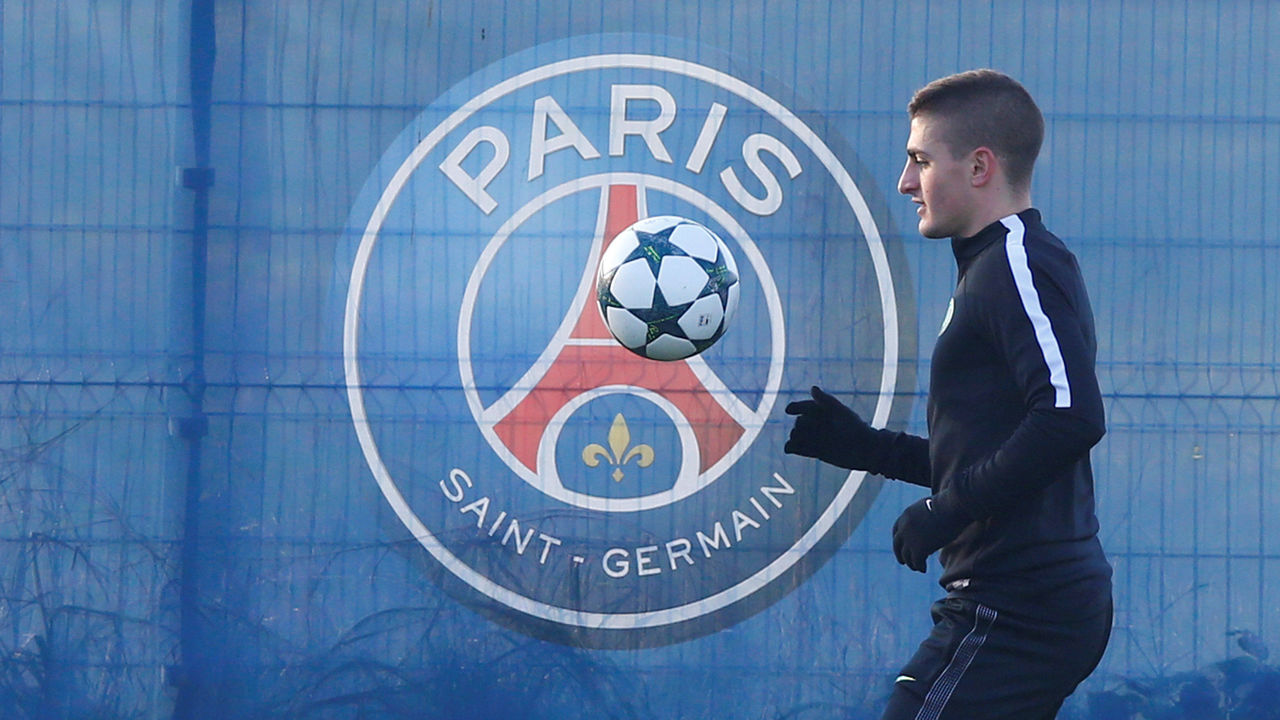Football's cash obsession: How to fix the inflated transfer system
Football has reached the point of no return, with clubs spending more and more each year on the biggest names around. In the final instalment of a three-part series on the flourishing transfer market, theScore provides solutions to the current system's biggest problems.
Complete series:
The fight against the "morally outrageous" transfer system isn't an easy one.
Nearly two years ago, FIFPro filed a legal complaint to the European Union over the ways that football clubs do business. The organisation, which represents more than 65,000 footballers across the globe, is still waiting to hear back.
FIFPro petitioned for FIFA to abolish transfer fees, limit squad sizes, and cap payments to agents, but amid the backdrop of escalating transfer fees and Neymar's pending £198-million move to Paris Saint-Germain, it seems like a losing battle.

Not that it isn't worth the effort.
Even if alternatives are difficult to imagine, economist Stefan Szymanski said it's wrong to sit back and let this "fundamental injustice" continue.
The ills of the market
The co-author of "Soccernomics," an international bestseller, has argued for years that the industry status quo restricts footballers' freedom of movement, fails to properly compensate smaller clubs that have developed big-name talent, and encourages contractual instability.
Unlike a regular employee, a footballer cannot just get up and change employers if they get a better offer elsewhere. Breaking a contract, which some players may contemplate if they are not receiving wages on time, would result in a massive financial penalty in line with the footballer's transfer value - potentially in the millions.
The fact a player can only leave at the end of his deal or in one of two transfer windows also limits his freedom, according to Szymanski.
"It's unbelievably unjust to single out this one class of individual in our society who is treated to a set of rules that no one else is subjected to and which they never agreed to, and which can be demonstrated to have caused them material harm," he told theScore. "It's just utterly morally outrageous."
Clubs as parking lots
FIFA president Gianni Infantino offered his support to FIFPro's initiative late last year, expressing concern over the hoarding of players at bigger clubs.
Limiting squad sizes would make it impossible for a Premier League side like Chelsea to dispatch 38 players on loan, as it did last season.
Patrick Bamford was one of those players. The west London side bought the English striker in 2012 for £1.5 million - a high fee for a player who had made just two senior appearances in the second-tier Championship with Nottingham Forest.

Bamford had temporary spells at six different clubs before Chelsea sold him to Middlesbrough for a fee that could reportedly reach £10 million. Chelsea's made easy money off the loan system in a perfectly legal way, but it has otherwise disrupted the careers of young footballers.
"I believed it's not right but it's permitted," Infantino told Reuters last year, referring to the practice and not the Premier League outfit. "It doesn't feel right for a club to just hoard the best young players and then to park them left and right. It's not good for the development of the player. It's not good for the club itself."
Taxing the elite
And the current structure has many more flaws. A lack of transparency leaves the transfer market open to corruption, with investors, agents, and intermediaries taking money out of the game.
The clubs that feel most excluded play in the lower tiers. They are trapped in a constant state of flux, hoping to cash in on a graduate from their academy. Although they get compensation for the players they produce, it's a risky business that involves a great deal of luck.
For example, the chances of Italian minnow Pescara unearthing another talent like Marco Verratti is slim. And as one of Italy's yo-yo clubs, bouncing between Serie A and Serie B, Pescara's existence is never certain.

"The problem is that it's random. It's very much a lottery. These smaller clubs maybe produce a really great player every five or 10 years, so it's difficult to budget," Alex Duff, co-author of "Football's Secret Trade: How the Player Transfer Market Was Infiltrated," told theScore.
In the event of future sales, little credit actually goes to these smaller outfits. Solidarity contributions and training compensation - which usually come from the transfer of players under the age of 23 - represented just 1.6 percent of all club spending in 2016, according to numbers compiled by FIFA's Transfer Matching System.
Duff proposed a solution to bridge the gap: Ask football's leading clubs, particularly in the top five European leagues, to give 10 percent of their income to grassroots football.
"It would essentially say to the big clubs, 'OK, you're hiring the players that have been developed by grassroots football, now you've got to give something back to the game,'" Duff said. "Whether that's in the same country or continent, I don't know. But I think there's an argument they need to give back to the grassroots. Not just in their local neighbourhood: now that football is a global sport, maybe on a global basis."
Free-for-all
Ridding the sport of transfer fees altogether would provoke significant pushback from the European elite who have a monopoly on the market. Even though the biggest teams spend vast sums of money and account for the majority of spending, they would likely argue in favour of the status quo because they can do whatever they want.
Conversely, a cap on transfer fees would be difficult to implement because it contravenes EU regulations on freedom of trade.
But Duff said FIFA would have the power to outlaw the swapping of players if it wanted to.
"Transfer fees are easier to scrap because they are governed by FIFA and have nothing to do with the European Union," he said. "If FIFA one day decides to get rid of transfer fees, they could just draw up a resolution and get it passed by the executive committee.
"If there was a will for them to do that, that would be relatively easy."
Whether there's a will to do anything is another matter.
(Photos courtesy: Action Images)